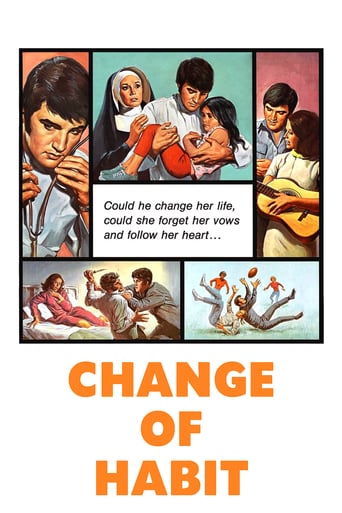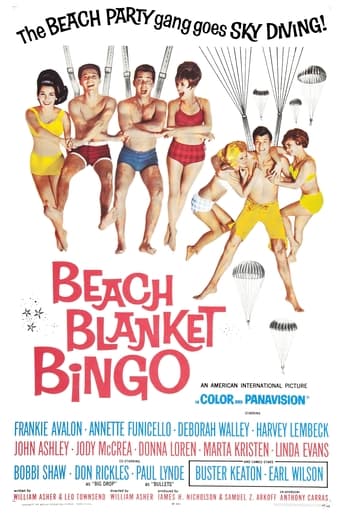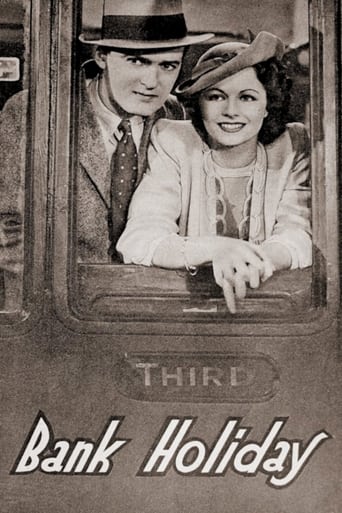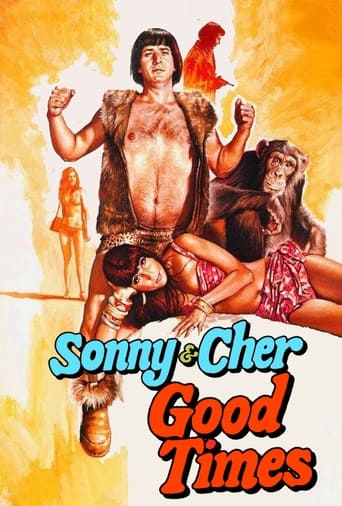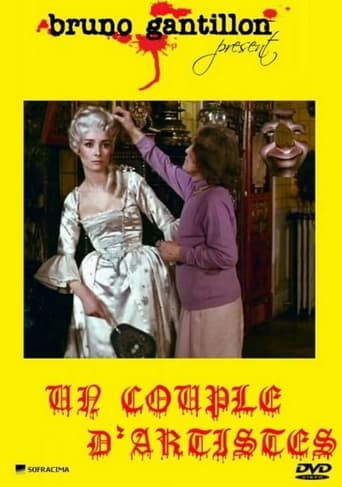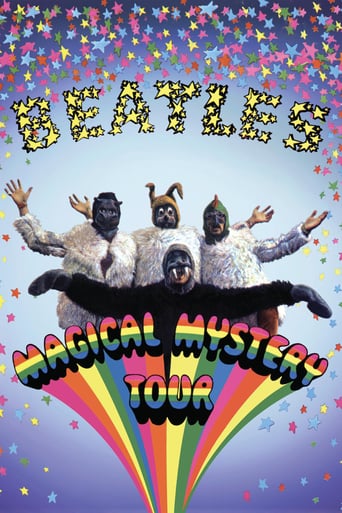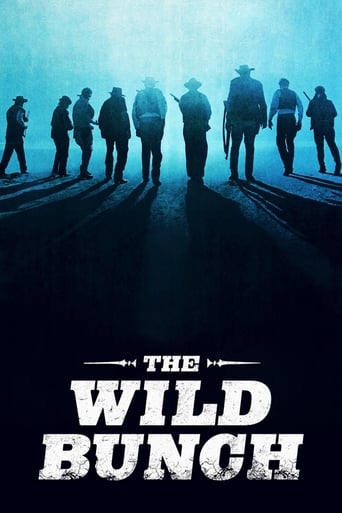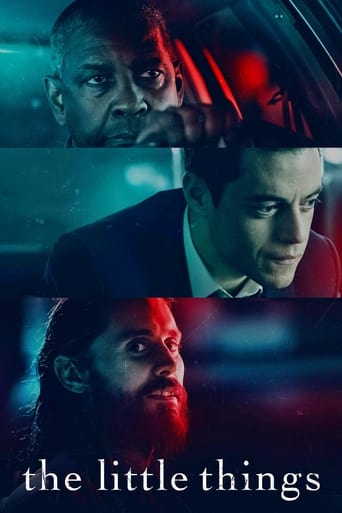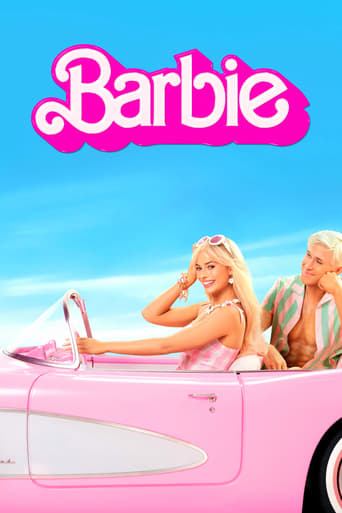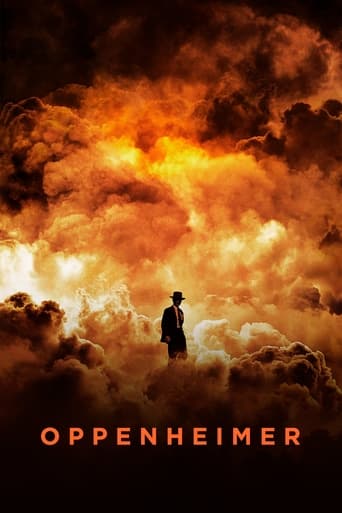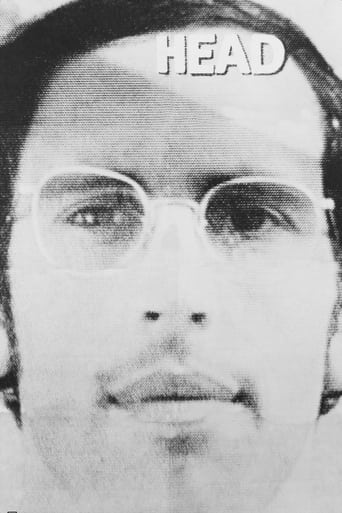


Head
In this surrealistic and free-form follow-up to the Monkees' television show, the band frolic their way through a series of musical set pieces and vignettes containing humor and anti-establishment social commentary.
-
- Cast:
- Peter Tork , Davy Jones , Micky Dolenz , Michael Nesmith , Annette Funicello , Timothy Carey , Logan Ramsey


Similar titles
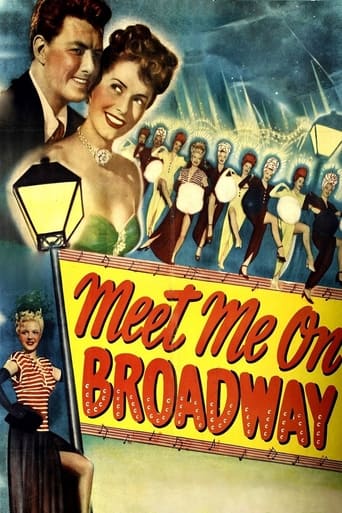
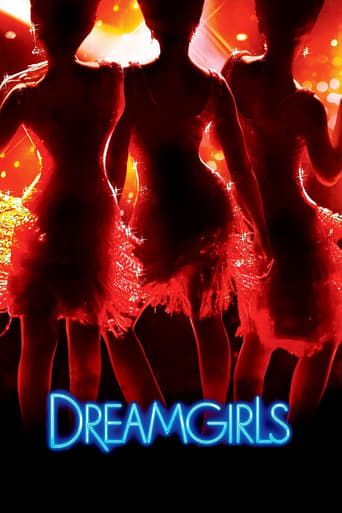
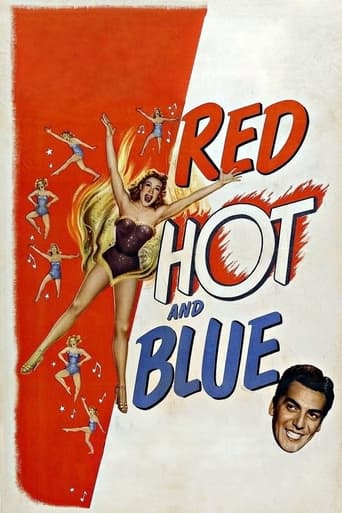
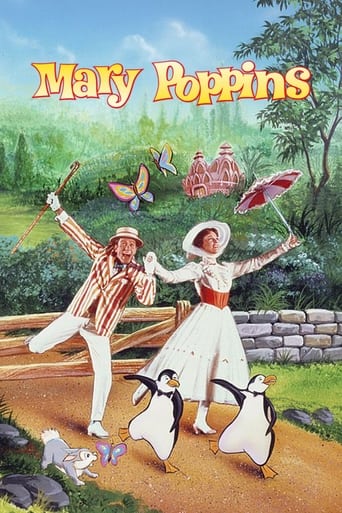
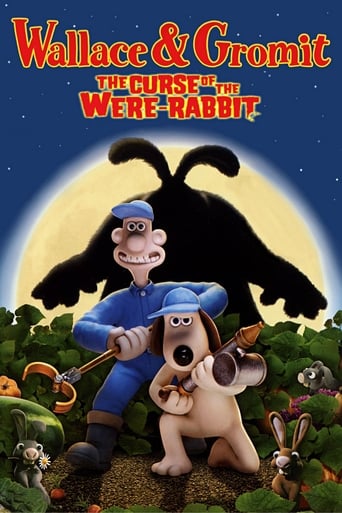
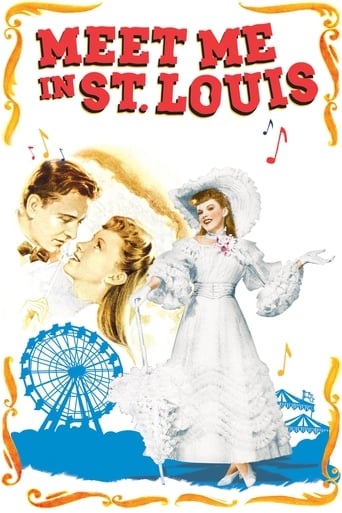
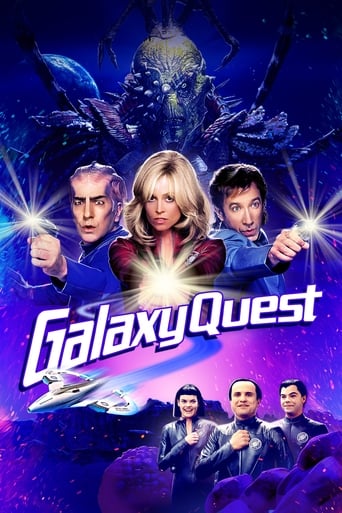
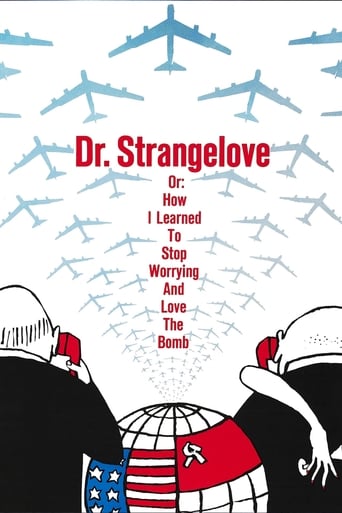
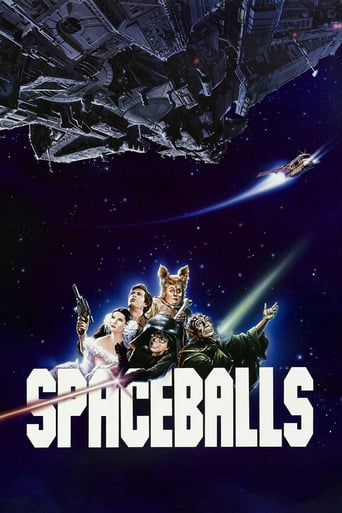
Reviews
To me, this movie is perfection.
If the ambition is to provide two hours of instantly forgettable, popcorn-munching escapism, it succeeds.
A movie that not only functions as a solid scarefest but a razor-sharp satire.
By the time the dramatic fireworks start popping off, each one feels earned.
The most iconic and popular film that came out of the acid-fuelled 1960's was undoubtedly Easy Rider (1969), with the clip of Peter Fonda and Dennis Hopper riding their motorbikes to the sound of 'Born to be Wild' now embodying the very spirit of the hippy movement. Yet, as good as Easy Rider is, it followed very much in the same footsteps as Roger Corman's The Wild Angels, out four years before and following the same attitudes and ideas. A lot of the less successful independents from the 1960's have seemingly disappeared from popular culture - movies that deserve a lot more recognition and respect from more mainstream audiences. One of the finest examples, is Head, released the same year as The Beatles' Yellow Submarine, but sharing little of the Liverpudlian quartet's success, perhaps due to it being a vehicle for The Monkees, a band manufactured from actors for the purpose of a bubble-gum sitcom, and who received very little adoration from fans of 'real' music.The Monkees TV series ran between 1966 and 1968, and was a massive success for the band and its co-creator Bob Rafelson, which makes it very strange given the direction Rafelson (directing here) and co-writer Jack Nicholson chose to take them. Head follows the Monkees - Micky Dolenz, Peter Tork, Michael Nesmith and David Jones - on a studio lot making a film. They wander aimlessly through different genres - war, horror, adventure, western - playing out surreal and comedic vignettes throughout. The Monkees are tired of their studio image, frequently attempting to disrupt the proceedings as they are followed by an ever- present camera, and repeatedly find themselves locked in a large black room, while a giant Victor Mature tries to squash them. Sound strange? Well, it is.I would imagine people either loving or hating this film, depending on their attitudes towards acid-trip art and the youth culture of the time. Head is complete with psychedelic negative imagery, screaming female fans and a dreamy, Pink Floyd-esque score, all the elements that can now be considered as clichés of the era. But where a lot of these types of surrealistic films were there to mean nothing, Head very much means something, and lays out its attitudes and aims at the beginning, as The Monkees sing a strange diddy about acknowledging their manufactured reputation and ponder their destiny. The film then switches to the opening of a bridge, where the announcer struggles to operate the microphone when the Monkees dash past him, desperately fleeing some unknown danger. They then jump off the bridge, killing themselves, and the titles play over images of their lifeless, floating bodies. These images would hardly endear them to their young, screaming fanbase, therefore finally breaking out of their squeaky-clean shackles.The film has many satirical focuses - war, politics, America, the studio system, advertising, the World War II generation - employing everything from flashing images of napalm bombings and the famous execution of Nyugen Van Lem, to scenes of outright farce such as a foreign army surrendering to an unarmed and shirtless Micky Dolenz in the desert, no doubt signifying America's bullying attitudes to world politics. It's the sheer anger of the satire that makes Head so good, even though it's usually peppered between seemingly light-hearted, playful comedy. There's a few nice songs (although the soundtrack is nothing ground- breaking) and features a wonderful song-and-dance routine featuring David Jones and Toni Basil. I don't know why history has been cruel on Head, as it is as memorable and as outright bizarre as the better- remembered films from this period, but hopefully soon this film will find itself with the cult following it deserves.
I love The Monkees, probably the most underrated pop group of all time. Well known for being TV darlings in the '60s, but not as well known for trying their best to shake off the image by actually playing their instruments in concert (unlike the pop stars of today, but that's for a different website), writing their own songs, supporting some major breakthroughs in music like the Moog Synthesizer, and helping give (at the time) struggling artists like Frank Zappa, Tim Buckley, and Harry Nilsson a fair shake.And for the evidence to everything I just said, look no further than 'Head', considered by many Monkees fans (including this one) and the Monkees themselves to be their crowning achievement. Yes, it is a plot less mess, but it's on purpose (or could you say "on porpoise"? Sorry had to get that joke out. Yes, it is terrible, but on porpoise. D@MN! Did it again, sorry, back to the review...) But within this plot less mess are some great shots taken at the entertainment industry, the faux spirituality that seems to run rampant with celebrities (And this was 35 years before Tom Cruise was promoting Scientology!) and the political climate of 1968. For example; the dandruff commercial, Mickey torpedoing the Coke machine, the War! cheer, the punching scene, the black box, the Swami and Peter know-nothing speeches, the Frank Zappa and Cow commentary. All present various allegorical statements on their treatment in the media, and what they've come to know in the world of fame, and are done brilliantly.As for the music and their accompanying scenes, top notch! First the Monkees' Theme parody "Ditty Diego-War Chant" is set to random television gridlock imagery. The scene for Mike Nesmith's "Circle Sky", intermingles footage of prepubescent female hormonal cacophony from a live Monkees show with the footage of war, "Porpoise Song" (written by classic songwriting team Carole King and Gerry Goffin), a song that's up there with the trippiest of pop songs, is set to solarized negative images of Mickey Dolenz and 2 mermaids, emphasizing the song's psychedelic nature. Great cover of Harry Nilsson's "Daddy's Song" set to an equally visually stunning dance number by Davy Jones and Toni Basil. "Can You Dig It?" by Peter Tork set to Middle-Eastern belly dancers. King & Goffin's serene "As We Go Along" is set to slow motion footage of The Monkees in the woods. And "Long Title: Do We Have To Do This All Over Again?" gets the best scene of all by subtly being overtaken by Mike Nesmith's grief during the trippiest of tripped out parties, only to end suddenly with Mike Nesmith berating everything, including Christmas! So, in a nutshell, expect everything you know and love about the Monkees to be shattered! But enjoy this ride, in a present state or an altered one!
Jack Nicholson is lucky that actor Rip Torn quit "Easy Rider" after butting heads with director Dennis Hopper. If he hadn't been hired as Torn's replacement, where would he be now? Before finding belated stardom in the 1969 biker flick, Nicholson dabbled in screen writing, but his most notable credit, 1968's "Head," wouldn't be remembered at all today if not for the film's stars: the Monkees. The faux pop quartet consisting of two real musicians (Michael Nesmith and Peter Tork) and two actors (Davy Jones and Micky Dolenz) were created as TV's answer to the early Beatles. In an example of killing two birds with one stone, "Head" marked both their big screen debut and their last gasp as stars of any medium.There is no plot and no story, but in the waning days of the LSD-drenched 1960s, that didn't matter much. Few things geared to youth made sense back then, including some of the best music made by the Beatles ("I am the walrus, goo-goo-goo-joob"). Clarity and coherence weren't "hip," baby, so any amateur with access to a typewriter could tap out a screenplay and be taken seriously as an artist. What counted was the "Statement" you made about the "System," man, or about the "Man" himself, whoever he was. Television was always a good target, and it is the subject of some "commentary" in "Head," just as it was in Nicholson's equally lame and all but forgotten directorial debut, "Drive, He Said." The boob tube's crimes are not made clear. We see a TV as someone flips through the channels, and the clips of old movies (including 1934's "The Black Cat" with Boris Karloff and Bela Lugosi) are better than anything that Nicholson and director Bob Rafelson can come up with. We also see news footage of Vietnam, Rita Hayworth in "Gilda," and an ad for Playtex Cross Your Heart bra. At some point, the Monkees are trapped in a box which is probably meant to symbolize TV. We see the boys on television, as well, until Victor Mature (yes, Victor Mature of "Samson and Delilah," "The Robe," and the original "Kiss of Death") kicks the set and sends them rolling down a hill of sand and over a bridge, and . . . well, who really cares? The 1970 film version of "Myra Breckinridge" also used a lot of vintage film clips. Like "Head," it proved that the filmmaker who cannibalizes other, better movies for his own film has no worthwhile ideas of his own. "Head" has some decent music, notably a dreamy Gerry Goffin-Carole King effort called "Porpoise Song," which the Monkees only managed to take to # 62 on the Billboard chart in October 1968. Less than a year earlier, they were outselling the Beatles and spent four weeks at # 1 with "Daydream Believer" and two weeks at # 3 with "Valleri." If their appeal hadn't already waned, "Head" surely would have killed it.Brian W. Fairbanks
For once, the qualifier "____ on acid" works here. This truly is "Hard Day's Night etc. etc.", with not only psychadelica and "grooviness" all the way, but true philosophic discourse and existential wonderment that will make you think as much as it will make you laugh.Imagine tripping to an episode of the Brady Bunch while pondering the nature of reality vs. illusion. It's all here in Head, but you must be warned: it is a trip, and as such, comes with as many lows as highs. There are certainly moments of nightmarish quality, but overall, it's worth the ride. It's just surprising that a group like the Monkees would be involved in such an undertaking, and probably a large reason this movie has never been taken more seriously or acknowledged as something truly special.Best not to learn too much about it before you see it except to know that it stars the Monkees, is co-written by Jack Nicholson (back in the day), and directed by Bob "Five Easy Pieces" Rafelson. It'll make you laugh, it'll make you rethink your entire perspective of media and the 60's, and might even scare you a few times with a sense of "the Fear" that is mixed wonderfully with beatific music that will also make you rethink the music of the Monkees (and whether or not they actually play or not is moot; it's truly great stuff). If Oliver Stone (in the 90's) and Quentin Tarantino were to get together and produce their own series of Monty Python episodes, it would end up something like this... as long as it were shot like and used the musical ques of sitcoms from the mid-60's. Enjoy... But be careful... You will be surprised.

